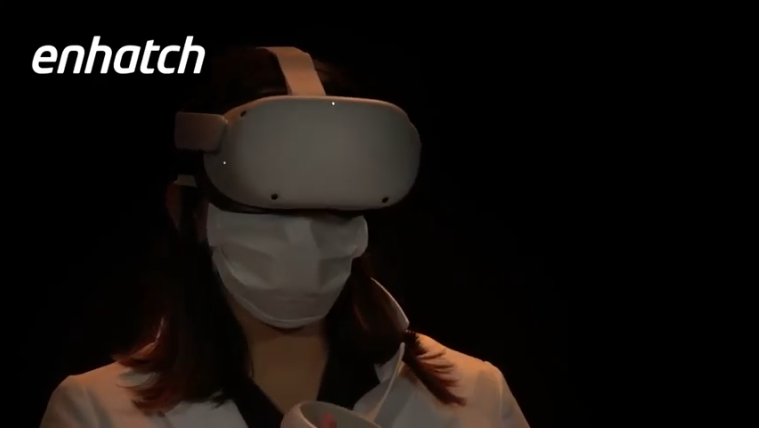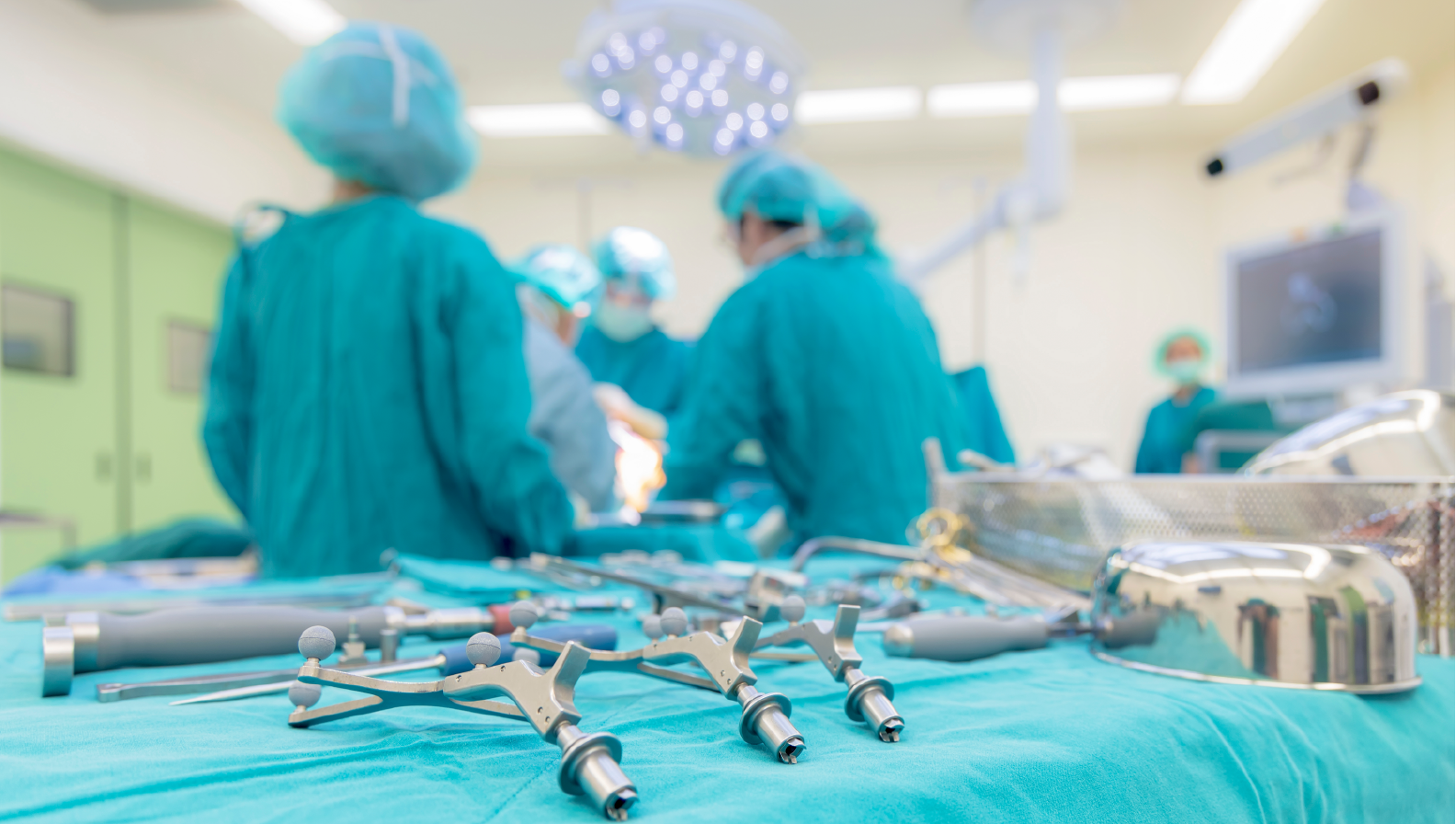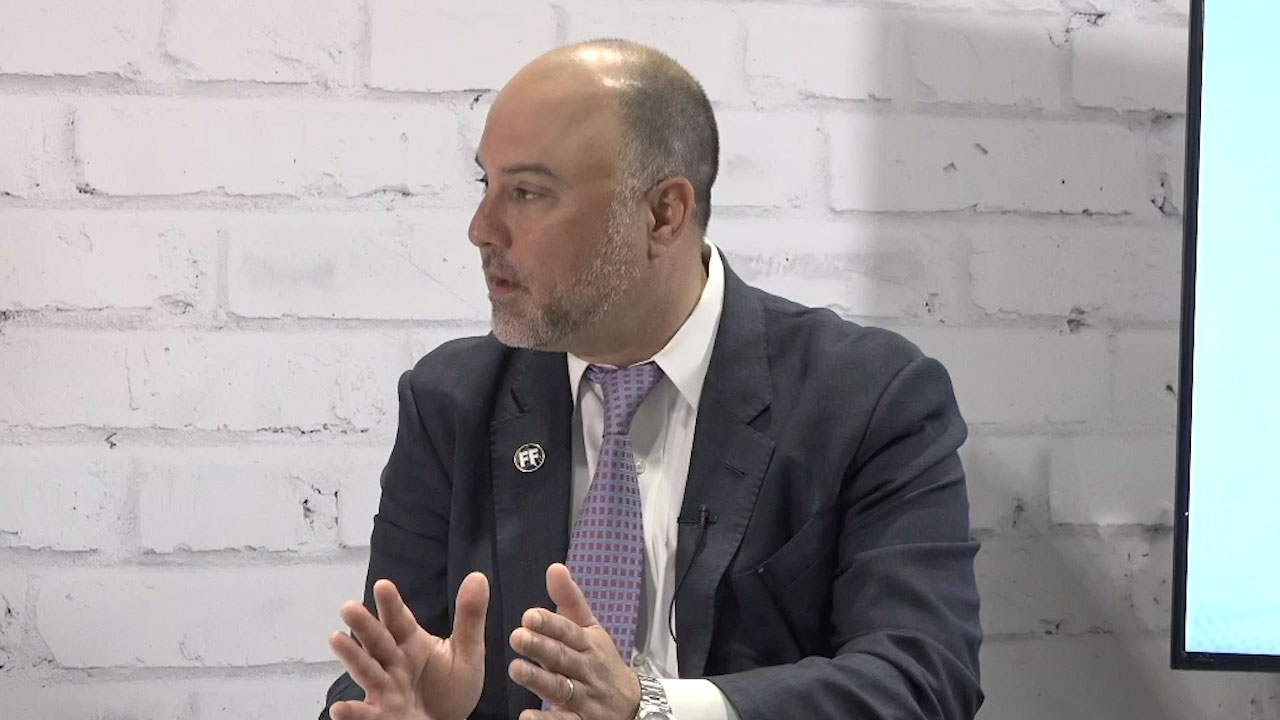Enhatch Partners with 3D Systems to Help Power Smith + Nephew's Patient-specific Ankle Solutions
Enhatch announces its partnership with 3D Systems to help power Smith + Nephew's patient-specific ankle solutions.
Posts about:

Enhatch announces its partnership with 3D Systems to help power Smith + Nephew's patient-specific ankle solutions.

Orthopedic surgeon Dr. Matt Barber discusses the future of patient-specific surgeries with Enhatch.
In the world of orthopedic oncology, patient-specific solutions are changing the game. Personalized approaches help surgeons navigate complex surgeries and improve patient outcomes. However, one major roadblock in scaling patient-specific solutions is the long lead times to deliver personalized solutions for surgery.
.png)
As the QA/RA Manager at Enhatch, I take immense pride in our organization's commitment to product excellence and patient safety. Enhatch is focused on helping medical device companies, hospitals, and distributors easily plan, manage, and scale patient-specific solutions.

Orthopedic oncology is a field dedicated to treating bone and soft tissue tumors, a niche yet crucial aspect of oncology. Traditionally, this market has been an underserved market, but in recent years, it has gained increasing attention.

We are very excited to announce our partnership with Holo-Light to deliver an immersive streaming platform for intraoperative procedures and surgical training using augmented reality (AR) and virtual reality (VR).

Orthopedic surgeons have always been guided by the pursuit of excellence. Rigorous science, ingenuity, technology, and good old-fashioned elbow grease helped advance the field by leaps.

Watch Co-Founder Peter Verrillo’s discussion with Dr. Ranawat about how the world of orthopedics is progressing and the technologies we should be excited about.

The main focus of orthopedic surgeries today is faster surgeries, improved outcomes, and satisfied patients. However, many things stand in the way of achieving this goal.

At Enhatch, we strongly believe that open, digital ecosystems will deliver a universe of innovation to enhance the future of surgery, not only for orthopaedics but the entire medical device industry.
